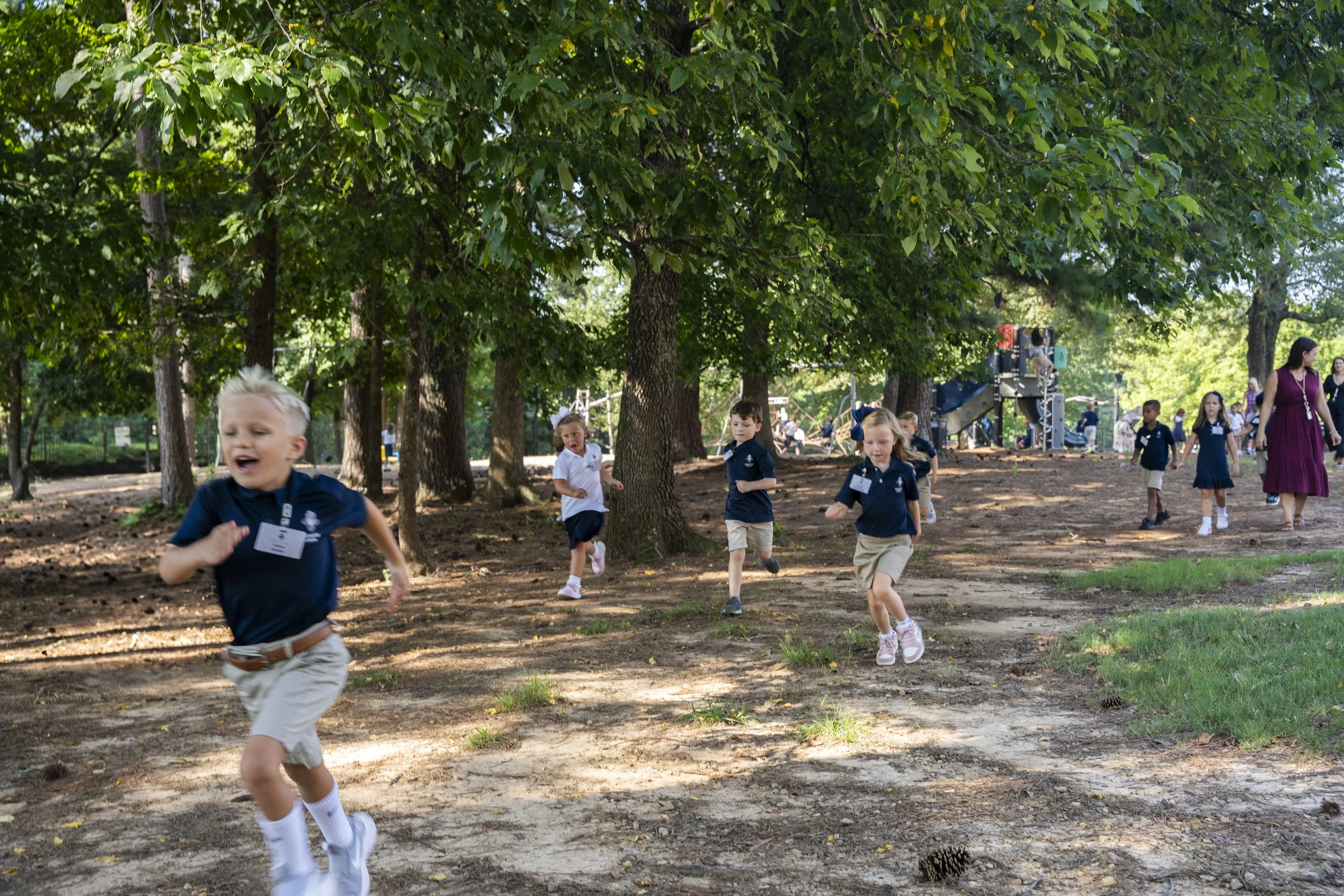Inability
He is the author of life and will continue to write their stories.
By: Ansley Bonaventure, Middle School Principal
Parents, bear with me as I put on my “language arts teacher hat” for the next few paragraphs. I’d like to take you on a brief etymological and theological dive in this week’s blog.
Let’s start with the word able. If someone is able to do something, it means they have the “power, skill, means, proficiency, or intelligence to accomplish it.” When we are able to do something, we can “get er’ done” in our own strength and in our own way, achieving a clear, expected outcome.
Now, let’s consider what happens when we add the prefix dis to able, creating disability. This changes the meaning to “not able” or “the opposite of able.” Having a disability means not only being unable to do something but also being at a disadvantage in that area.
However, adding the prefix in to able, forming inability, introduces a nuanced difference - it means “without.” When we experience an inability to do something, we lack the necessary ability entirely, implying that we were never intended to possess that ability in the first place. For example, alligators have the inability to fly - they were never designed to do so. On the other hand, an alligator born without teeth may have a disability that prevents it from hunting effectively. This may seem like a slight nuance of language, but it reflects a significant distinction.
control
Why the etymology lesson? In Chapter 4 of Parenting, we learn that recognizing our inabilities as parents is essential to practicing good, biblical, God-ordained parenting. If we lack a particular skill, resource, or strength required to parent effectively, we might consider ourselves disabled. However, when we face an inability, we are completely without the capacity to do certain things because God created us that way.
So, what are we as parents without the ability to do? Control. No matter what methods we employ - whether shame, rewards, or fear, as Tripp mentions - we cannot control our children’s behaviors, hearts, or choices. We will fail. And not only will we fail, but we may also unintentionally plant seeds of hurt and harm. It doesn’t matter how skilled, intelligent, or resourceful we are; control is not our role. God has not called us to control our children - He has ordained it this way.
What has God given us instead of control? He has given us authority. Ephesians 6:1 and Colossians 3:20 remind us of this gift. God has placed us in authority over our children as representatives of His love and grace. This authority is not meant to be wielded harshly or lorded over our children, but rather to serve, shepherd, and guide them, just as Christ does for us. True authority is not about control; it seeks to shepherd, operating within the context of a loving, nurturing relationship.
The author of life
May we lift one another up and thank God for our inability to control our children. This inability allows us to be His ambassadors of grace, love, and mercy in our homes, trusting Him to ultimately shepherd their hearts.
He is the author of life and will continue to write their stories.
This truth brings freedom, and this freedom brings joy. A joyful parent reflects the Lord’s delight in His children. Our prayer is that our homes increasingly reflect these truths, bringing glory to God and peace to our families.











Be encouraged to lead your children toward a life of knowing and loving stories—listening, reading, writing, illustrating, and experiencing them in their own unique ways.